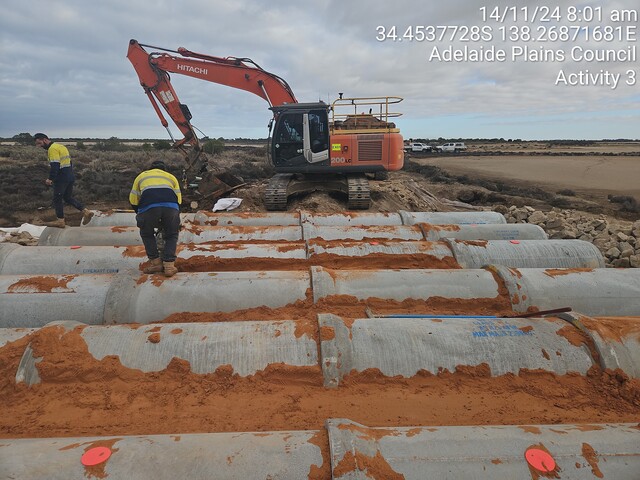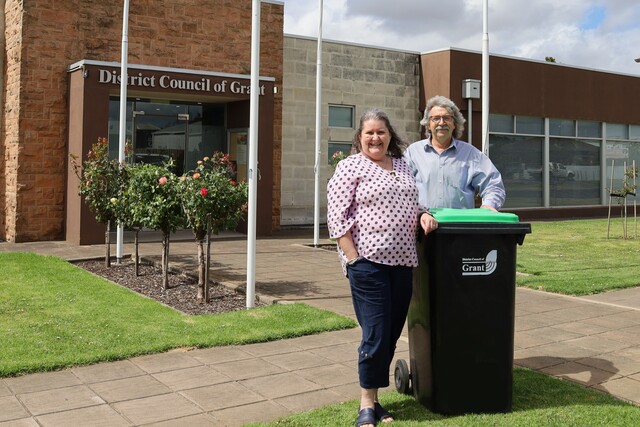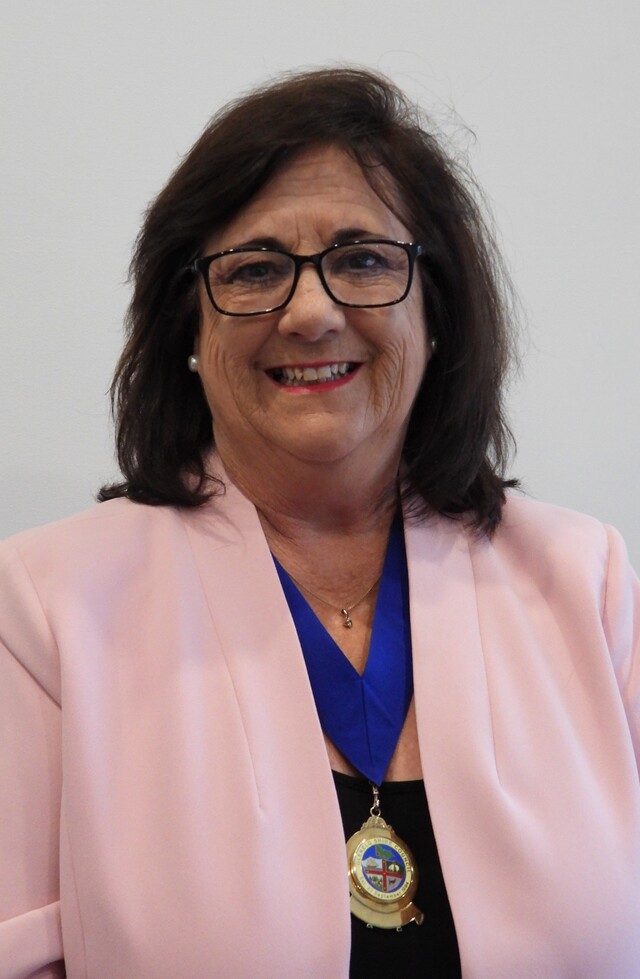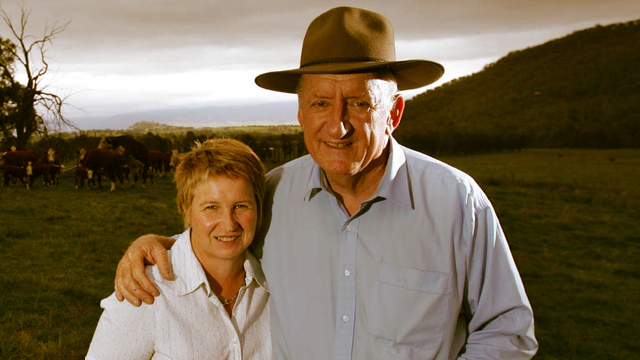The Australian Government is committed to the economic, demographic and social development of regional Australia and wants to ensure that regional, and low population growth metropolitan areas of Australia, obtain greater benefits from migration. A number of State-specific and regional migration (SSRM) initiatives have been introduced, over the last seven years, in consultation with State and Territory Governments and regional authorities. These initiatives provide for regional employers and State and Territory Governments to meet critical skill shortages and regional development objectives.
Some 8,000 visas were granted in 2002–03 under the various SSRM initiatives. This equates to 12 per cent of the total Skilled Migration Program. The number is likely to increase to around 10,000 visas in 2003–04, representing about 15 per cent of the Skilled Migration Program.
The May 2003 edition of Local Government FOCUS outlined a number of temporary and permanent migration programs for the entry of skilled people. This edition focuses on how regional employers can use the Regional Sponsored Migration Scheme (RSMS) to fill skilled positions essential to their business growth.
Regional Sponsored Migration Scheme (RSMS)
Regional employers are increasingly recognising the benefits of employing skilled workers through RSMS. Benefits from a diverse workforce can include pathways to new markets, innovation and a more robust business sector. The number of visas granted under this scheme reached over 1,700 in 2002–03, an increase of about 60 per cent from the previous year.
The RSMS covers all areas of Australia except Brisbane, the Gold Coast, Newcastle, Sydney, Wollongong, Melbourne and Perth. The RSMS is designed to assist Australian employers in regional Australia recruit permanent skilled staff when they are unable to fill skilled vacancies from the Australian labour market.
Employers may nominate people from overseas, or temporary residents already in Australia, to fill vacancies that are full-time, skilled and available for a minimum of two years. The RSMS complements the flexible temporary business entry arrangements for regional employers to sponsor skilled workers for up to four years. Any employer can participate in the scheme as long as they are operating their business in an area covered by the RSMS. Successful nominees are able to migrate permanently to Australia.
How does RSMS work?
The RSMS comprises three distinct stages:
- Certification of the nomination/vacancy;
- Nomination by the employer is assessed by DIMIA; and
- Nominee’s application for a visa.
Stage 1 – Certification of the Nomination
If an employer has a vacancy that needs to be filled through the scheme, the first stage is for that employer to provide details about the vacancy to the nearest Regional Certifying Body (RCB) (see section on RCBs) which has knowledge of labour market conditions in your region.
In general terms, an employer must be able to demonstrate to the RCB that the position:
- is a genuine full-time vacancy;
- is available for at least two consecutive years;
- requires qualifications equivalent to at least Australian diploma level (includes trade certificates);
- cannot be filled from the local labour market;
- employment and remuneration are in accordance with Australian industrial laws; and
- that there is, or will be, an employment contract or letter of appointment covering the position.
Stage 2 – Nomination by the employer assessed by DIMIA
The completed and certified nomination is forwarded by the employer or agent to the relevant DIMIA Business Centre for assessment and approval.
Stage 3 – Nominee’s Application for Visa
Once the nominated position has been approved by DIMIA, the prospective employee (nominee) lodges an application for a permanent visa at an overseas Australian mission or, if they are already in Australia, at a DIMIA Business Centre.
Regional Certifying Bodies (RCBs)
Currently there are 49 gazetted RCBs covering regional areas in all Australian States and Territories. A current list of all RCBs can be found at: www.immi.gov.au/migration/employers/certifying_bodies.htm
Skill Matching Database (SMD)
A supporting initiative for RSMS is the Skill Matching scheme which is designed to match skilled migrants, whose qualifications meet Australian standards, with identified skill shortages through the SMD. Employers can use the SMD to locate potential employees to sponsor under RSMS. The number of potential migrants on the SMD has increased in recent years from under 2,000 to over 7,000, representing in excess of 300 occupations. Updated each month, the SMD is distributed to all State and Territory Governments and to a network of regional development authorities. An abridged version of the database is also available on the DIMIA website at www.immi.gov.au/skills/.
Further information
If you would like to know more about how SSRM initiatives can help employers in your region, see www.immi.gov.au/migration/regional/index.htm
CASE STUDY
Filling skilled positions in regional areas is becoming critical for businesses and employers.
Skilled migrants sourced through regional migration mechanisms can provide these skills when they are not available locally.
John Maloney, General Manager of Deltapine, a cotton research facility in Narrabri, NSW, turned to the Department of Immigration and Multicultural and Indigenous Affairs (DIMIA) to help him find an employee for a technical position he could not fill from the local labour market.
“I think there is a large talent pool offshore that people shouldn’t ignore when they are looking for employees they can’t find in Australia,” John Maloney said.
Recent research shows that Australia’s highly skilled and targeted migration program enhances our skilled labour force and has a positive impact on Government budgets.
“More skilled migrants than ever are choosing to call Australia’s regional areas home,” said Minister for Immigration and Multicultural and Indigenous Affairs, Senator Amanda Vanstone. “It is likely this trend will continue, which will greatly assist economic development in regional areas. “Australia is actively encouraging migrants to set up businesses in regional, rural or low growth areas of Australia.
“I will continue to introduce initiatives that will encourage even more skilled and business migrants to settle in regional Australia. Not only does regional migration play an important role in contributing to the economic and social development of Australia, it gives migrants unique lifestyle opportunities.”
John Maloney agrees that employing someone from overseas is of great benefit to regional businesses.
“Not only does employing migrants benefit the companies, it is also great for communities because of their cultural input,” he said.
John Maloney and Deltapine did cast the recruitment net further afield and found the perfect candidate, Linda Bailey a plant researcher from Zimbabwe. With violence and political unrest becoming widespread in Zimbabwe, the prospect of raising a young child there was becoming increasingly unattractive for Linda Bailey and her husband.
“We didn’t want to have to worry about being hijacked or car-jacked, we wanted to be able to go to bed at night without worrying about getting hit over the head,” she said.
Armed with her skills in plant breeding, Linda and her family set their sights on a life in Australia and registered themselves with the Department of Immigration and Multicultural and Indigenous Affairs (DIMIA) Skill Matching Database. Just one year after registering her skills and experience on the Database, Linda and her family were living and working in Narrabri, NSW, becoming just one family in a growing number of migrants helping to fill skill shortages in regional Australia.
“The sponsoring of Linda Bailey to come and work at Deltapine has given us an edge in our research field that we didn’t have before and we weren’t able to find in the local marketplace,” John Maloney said.
And as for Linda, she and her family plan to make regional Australia their permanent home.
“A regional area is better than anything,” she said. “We’ve really had a good time here and we can’t think of moving to a bigger place. We’re going to have all our holidays in Australia. We’re never leaving – we’re staying.”







